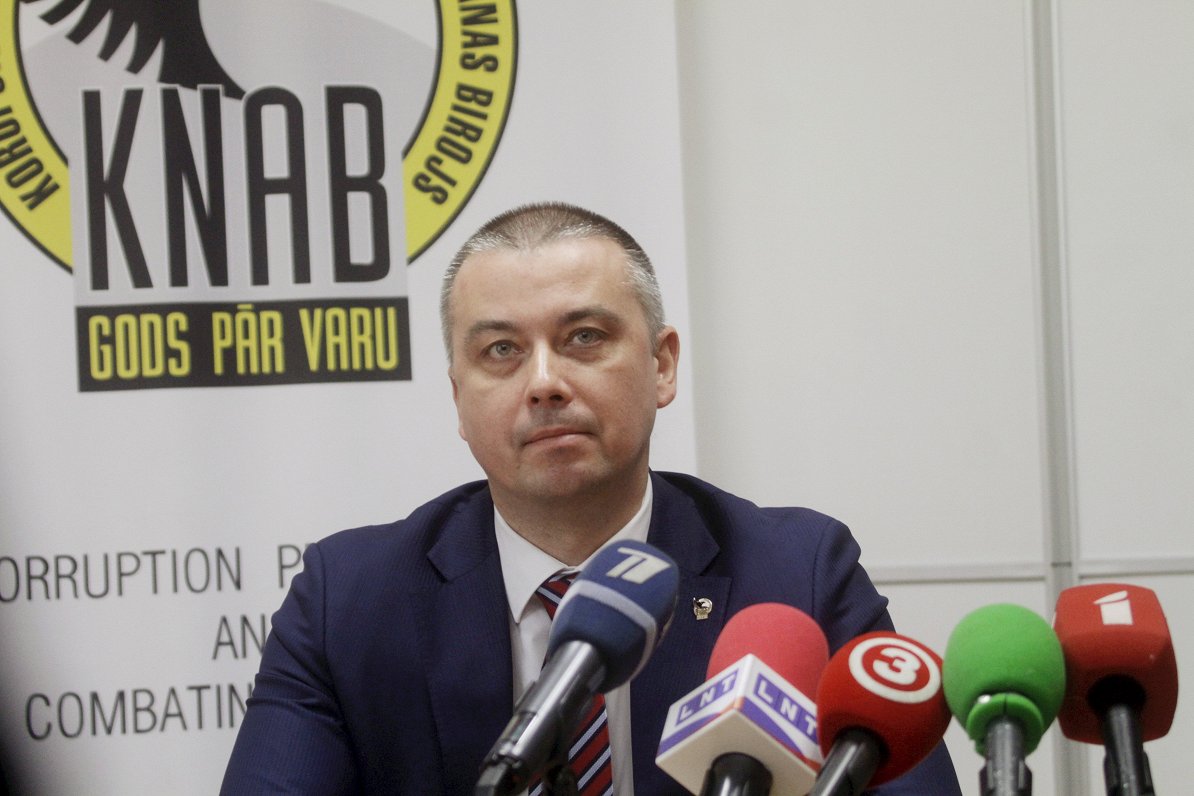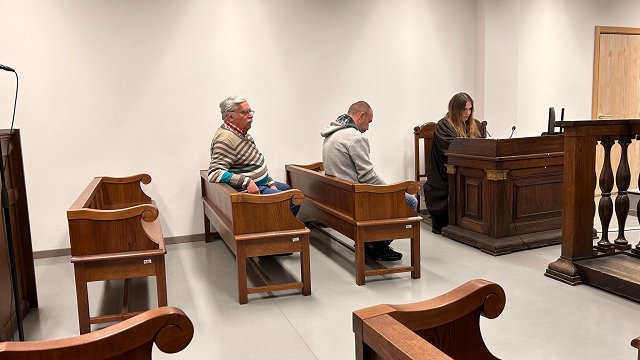"The initiator of the process, the investigator responsible for this investigation, as well as the supervising prosecutor have said that they're sure the case will make it to prosecution, for starting criminal prosecution," said Straume, the head of Latvia's Corruption Prevention and Combating Bureau (KNAB).
"It's clear that the case won't take years, but rather months, I think," he said.
Straume also used the interview to venture a few thoughts about the information the anti-graft authority received while U.S. Department of Treasury Assistant Secretary Marshall Billingslea was on a visit in Latvia in February.
While saying that KNAB have "quite a lot to do" with the information they've received, he did not reveal whether it was related to Rimšēvičs' case or something other.
"There was a special request from the US side that we don't speak about this information publicly," he said.
Straume's approach signals a clear departure from previous high-profile cases against senior officials such as those against former Latvenergo president Karlis Mikelsons and former Latvian Railways boss Ugis Magonis, both of which have been dragging on for years. The most notorious case of all, against Ventspils mayor Aivars Lembergs, is entering its second decade before the courts.
Such judicial delays only serve to undermine public confidence in the legal system and reinforce the widespread belief that the rich can in effect keep their cases rolling indefinitely and are effectively untouchable.
As previously reported, central bank governor Rimšēvičs is suspected of soliciting or accepting a bribe of at least 100,000 euros. He denies the charges and has refused to resign his post pending investigations, creating a headache not only for the central bank itself but for the European Central Bank, on which Rimšēvičs sits on the governing council.
After paying a security bond, Rimšēvičs is out of custody but not allowed to leave the country or enter the central bank - even though he is still the governor of the institution.
The Rimšēvičs case is just one strand of a complex series of scandals and allegations in Latvia's financial sector that have made international headlines.


























